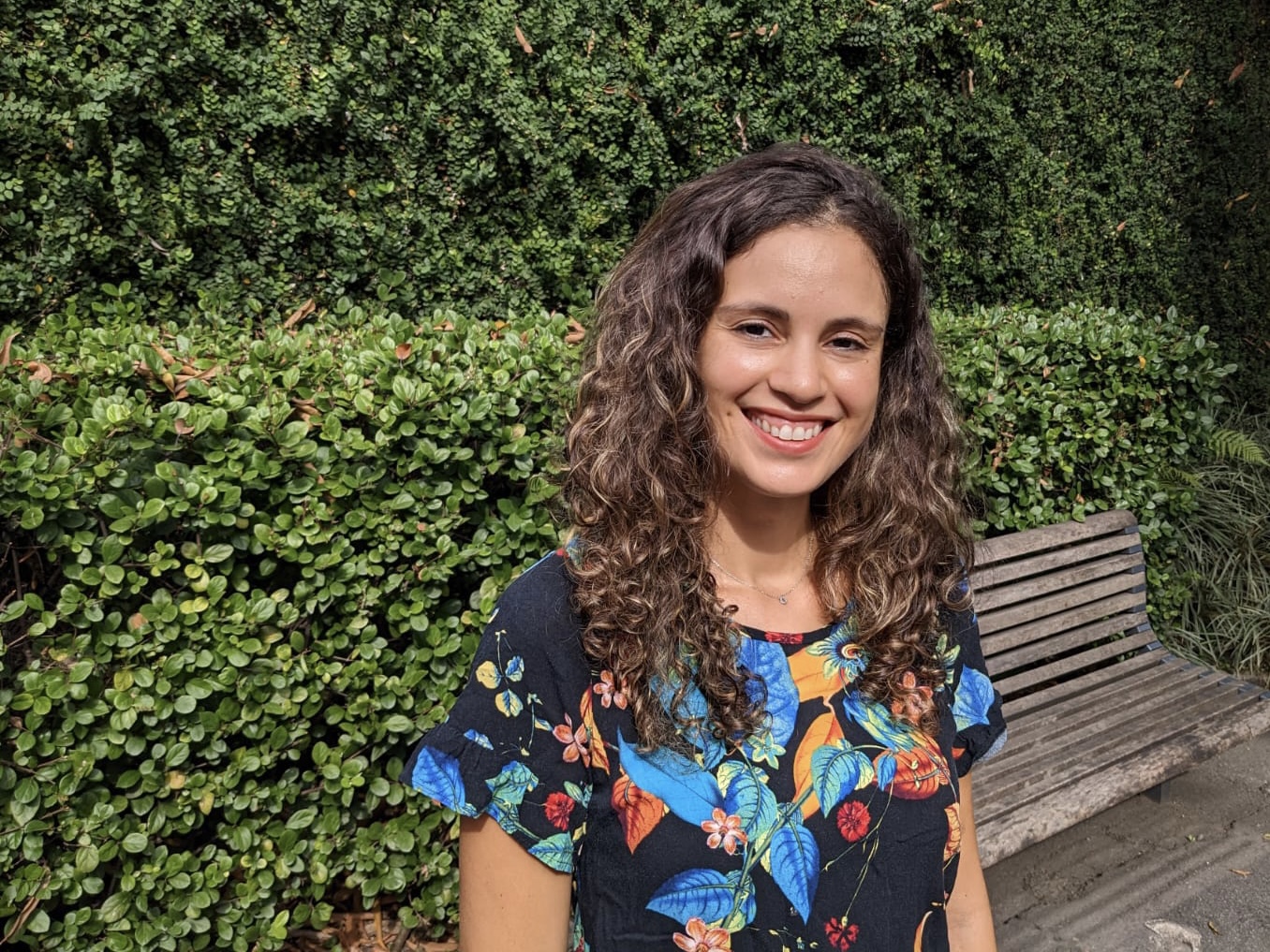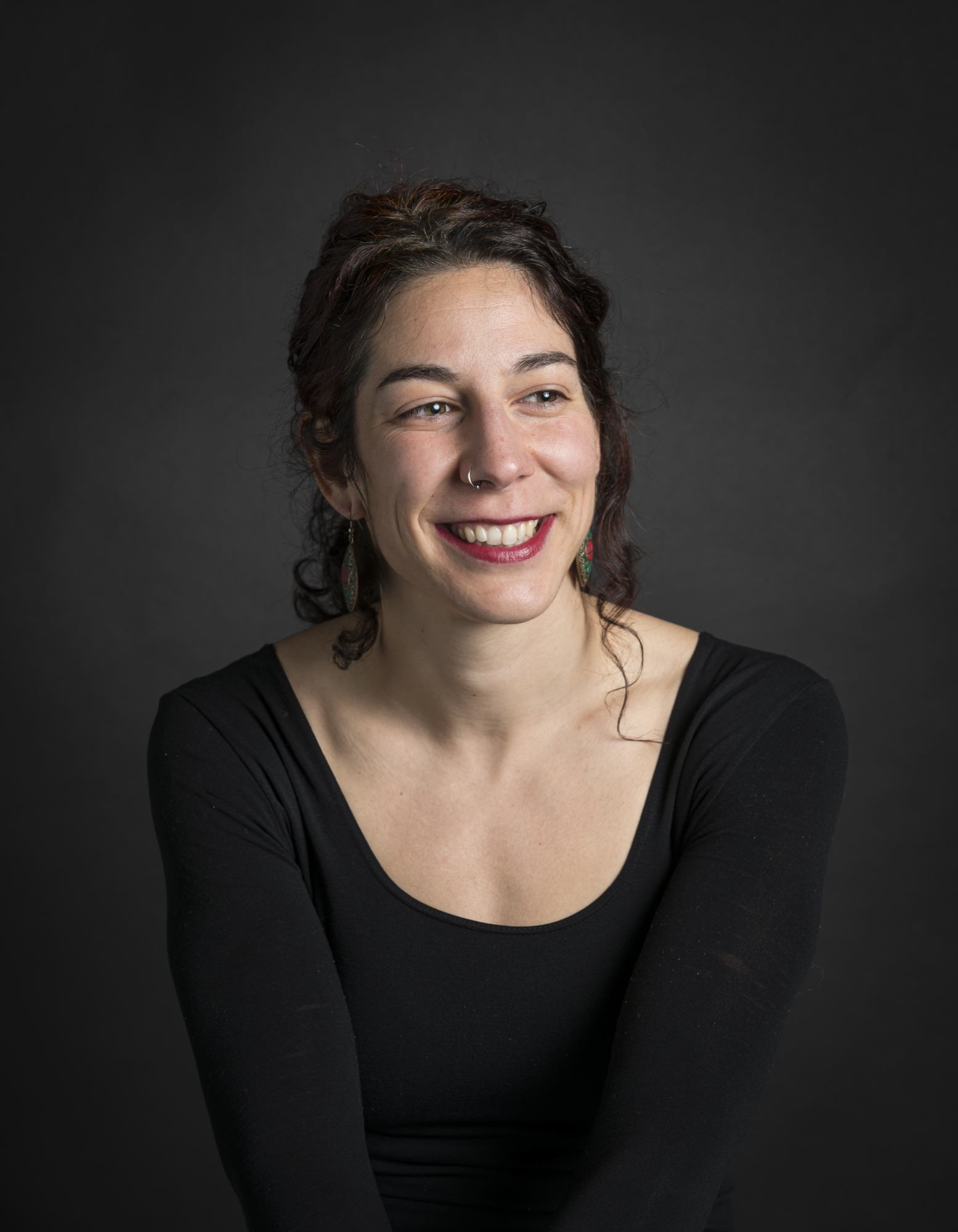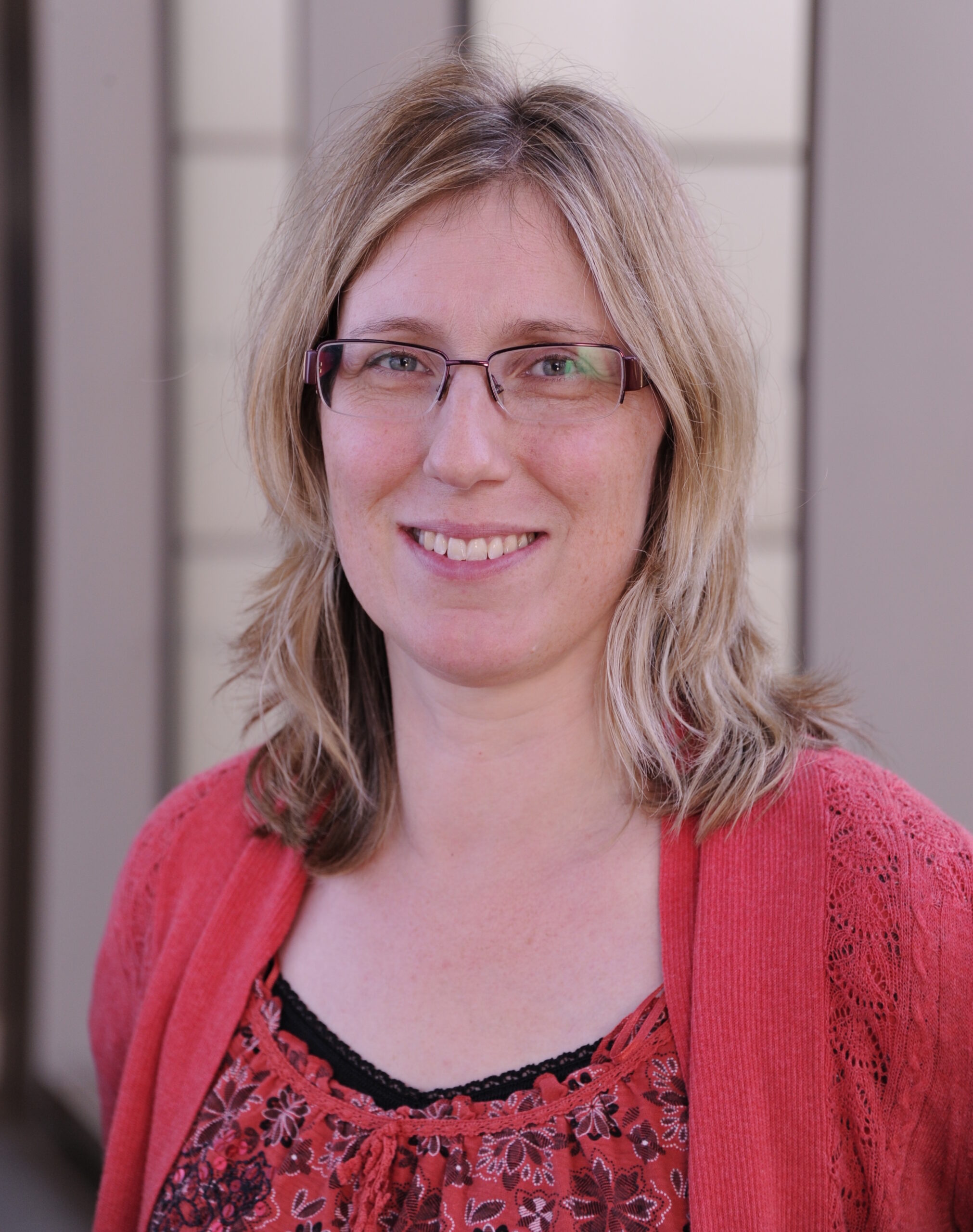Born in Toledo, Norte de Santander, Colombia • Birth year 1991 • Studied Mathematics at the University of Pamplona in Colombia • Highest Degree PhD in Mathematics • Lives in Cali, Colombia • Occupation non-tenure track Associate Professor at the University of Valle, Colombia
I never really thought I would become a mathematician. Although I enjoyed solving maths problems in my early years of high school, my first love was dance. I wanted to become a dancer. I finished high school when I was 14 years old. At that moment, while deciding what to study in college, a scholarship opportunity for Mathematics came up, and I thought, ‘Why not?’. That ‘why not’ has turned into a career of almost 18 years.
My passion for mathematics truly awakened with mathematical analysis. For me, the concept of approximation is one of the most refined in mathematics. Currently, I am continuing on the path that my undergraduate and graduate advisors helped shape for me. Staying on this professional path is thanks to them and the spark they ignited in me, which makes me want to keep learning every day, as learning is one of the things I enjoy the most.
Although I may have never told her, [my PhD advisor] has always been my role model in this field. My aspiration is to be a source of inspiration and guidance for my students, just as she was for me.
This career has given me the chance to visit unimaginable places, immerse myself in diverse cultures, and have unforgettable experiences. I’ve pushed myself beyond my comfort zone, tackling challenges I once believed were insurmountable, and somehow, I have succeeded each time. Along this journey, I have met incredible, inspiring, and talented individuals who have contributed to my growth both professionally and personally. Resilience and tenacity are two qualities that develop over time in this job.
I was fortunate to have an exceptional PhD advisor—an intelligent, inspiring, strong, and determined woman. Although I may have never told her, she has always been my role model in this field. My aspiration is to be a source of inspiration and guidance for my students, just as she was for me.
Being a mom has put me in the same boat as many others, trying to stay on top of my maths game while being fully present for my kids.
In recent years, my academic perspective has evolved. I wish to remain active in research, but more than teaching, I want to share my passion. My passion is mathematics—its structure, its theorems, and ultimately, its beauty. I believe that by sharing this passion, I can inspire others to appreciate the elegance and depth of mathematics. I aim to create an engaging and stimulating learning environment where students can explore, question, and develop a profound understanding of mathematical concepts. My goal is to ignite their curiosity and foster a lifelong love for the subject, just as my mentors did for me.
One of the most challenging aspects throughout these years has been balancing my professional and personal life. Being a mom has put me in the same boat as many others, trying to stay on top of my maths game while being fully present for my kids. However, being a mother to a child with special needs has illuminated for me the profound societal needs. Specifically, it’s shown me how we need a kinder, more inclusive academic world, one that’s less about labels and more about understanding and support.
Published on July 10, 2024.





Recent Comments